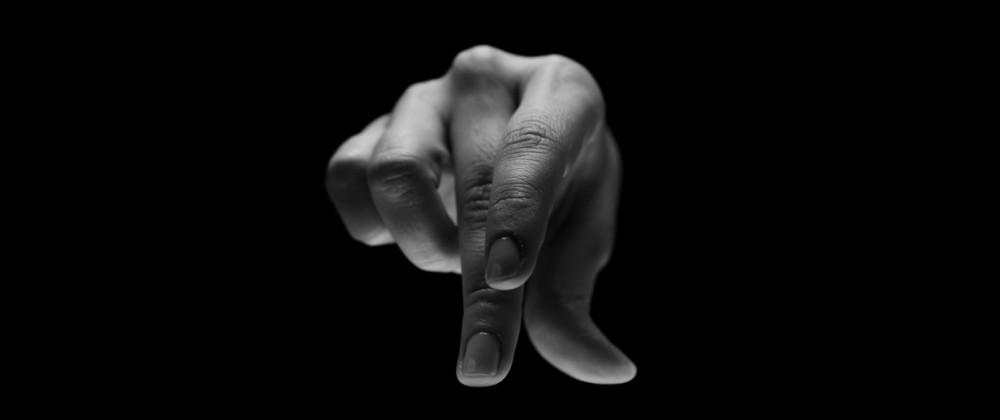Yesterday, I experienced the new pictorial poem by Godfrey Reggio and Philip Glass titled “Visitors” (2013). To call it “viewing a movie” would be a vast understatement. As was the case with Koyaanisqatsi (1982) it left me more or less stunned and at some moments moved me to tears. Afterwards Glass and Reggio were present in a very sober setting to answer questions from the public. Of course there were some questions about the intention of “Visitors”. The answer was a bit too postmodern: there were no intentions, every observer could make up his own mind… I would be surprised if interpretations do not point in one direction: the loosening or relativization of the “self”. Though not a word is spoken, “Visitors” shows the machinery at work producing the self, the personality accurately. It does so by contrasting changes in human facial and bodily expression with that of an animal (I won’t spoil which), the emotional content of decaying human artifacts (building, attraction park, rubbish) and the flow of nature, dead and alive, triggering all kinds of “meaning” and so effectively setting the spectators meaning-producing machinery at work while at the same time unsettling it. This deconstruction -to use a postmodern term- of the soul, leaving it speechless, cannot be praised enough these days, where all egos are pumped up to the max. Maybe it wasn’t the intention of the makers. It certainly was the result. Reggio answered on a question about what words or phrases had inspired him when making “Visitors” that he had the intention to name the work “The holy see”. He refrained from it fearing it would produce too much misunderstanding. Well, not for me. “Visitors”, although expressing fleetingness, does not directly reference personality or the soul.
Koyaanisqatsi had some of the same effects, but was aimed more at the relativity of mankind (man as ant) then at the individual. In the past few years I have come to the conclusion that individualism is the big problem of these times. I feel “Visitors” could contribute to counter the individualist personality by showing that personality is nothing more than social mechanisms acting within the human animal. Nothing special about >you. Although you are very unique!
Some secondary remarks:
- It seems “Visitors” is not coming into normal circulation anytime soon here, so though I would like very much to direct everybody to this “must see” I can’t.
- The technical installation of “de Melkweg” was not up to the job, especially the soundsystem.
- I think the “Exit” would be the perfect ending.
- I liked the humbleness of the authors very much. They are true heroes.
May 2012 I wrote the following about Koyaanisqatsi:
(slightly rewritten when translating)
What is the position of you, human, in the story Koyaanisqatsi tells us? Back in 2000 I wrote “Man as ant”, but that view is insufficient. A human is not an ant but a subject so:
- In KQ man is shown in his role in systems: as a cog in a production machine; As part of a transport system; as a cog in a consumption machine, spitted out by a building. It is clear that men are just part of those systems here; you don’t see conscious human subjects.
- In penetrating portraits of individuals or small groups, man becomes visible; as a sometimes wondering “I” that becomes conscious of its roles or some discontinuities in them. In this way the contrast becomes clear between being a subject and (at the same time) being part of social systems.
- Despite the title, “life out of balance”, there is harmony. Nature develops and manifests itself with its own laws. As does human society -part of nature-, thereby transforming nature. All kinds of streams and patterns are shown. Natural or man-made, they share the same beauty. Nature doesn’t have any morals or goals. “Out of balance” is a strictly human valuation.
- The inevitability of this valuation is not shown but lightly suggested, implying the finality of mankind. For the individual nothing seems to be left then performing his acts in this tragedy. He will have to live with that.
- The ideological apparatus, the ideological mechanisms stay out of view. We don’t see how subjects are produced or could change their opinion and social behavior. KQ doesn’t propose any thinking about other roles, whereby balance could be regained. It just shows your predicament. That’s important enough.
